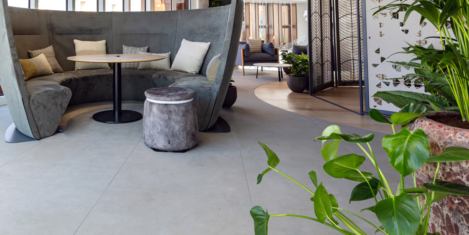June 22, 2024
Pattenmakers search for the winner of the Future Leader FM Award 2025
 Livery company the Worshipful Company of Pattenmakers is looking for the next winner of its coveted annual FM award. This Award recognises a future leader in FM, rewarding a talented early-career professional with a unique personal development opportunity funded by the livery. The Award is open to newcomers working in the Workplace and FM sectors, who have a maximum of 5 years’ experience. Entry is free, and all the information needed to enter is available here, including a link to the online entry form. The deadline for receipt of entries for the Pattenmakers Future Leader FM Award is: 5th August 2024. https://www.pattenmakers.co.uk/future-leader-fm-award-2025/ More →
Livery company the Worshipful Company of Pattenmakers is looking for the next winner of its coveted annual FM award. This Award recognises a future leader in FM, rewarding a talented early-career professional with a unique personal development opportunity funded by the livery. The Award is open to newcomers working in the Workplace and FM sectors, who have a maximum of 5 years’ experience. Entry is free, and all the information needed to enter is available here, including a link to the online entry form. The deadline for receipt of entries for the Pattenmakers Future Leader FM Award is: 5th August 2024. https://www.pattenmakers.co.uk/future-leader-fm-award-2025/ More →



































May 30, 2024
Four simple ways to embrace neurodiversity in the workplace
by Mark Catchlove • Comment, Wellbeing, Workplace, Workplace design